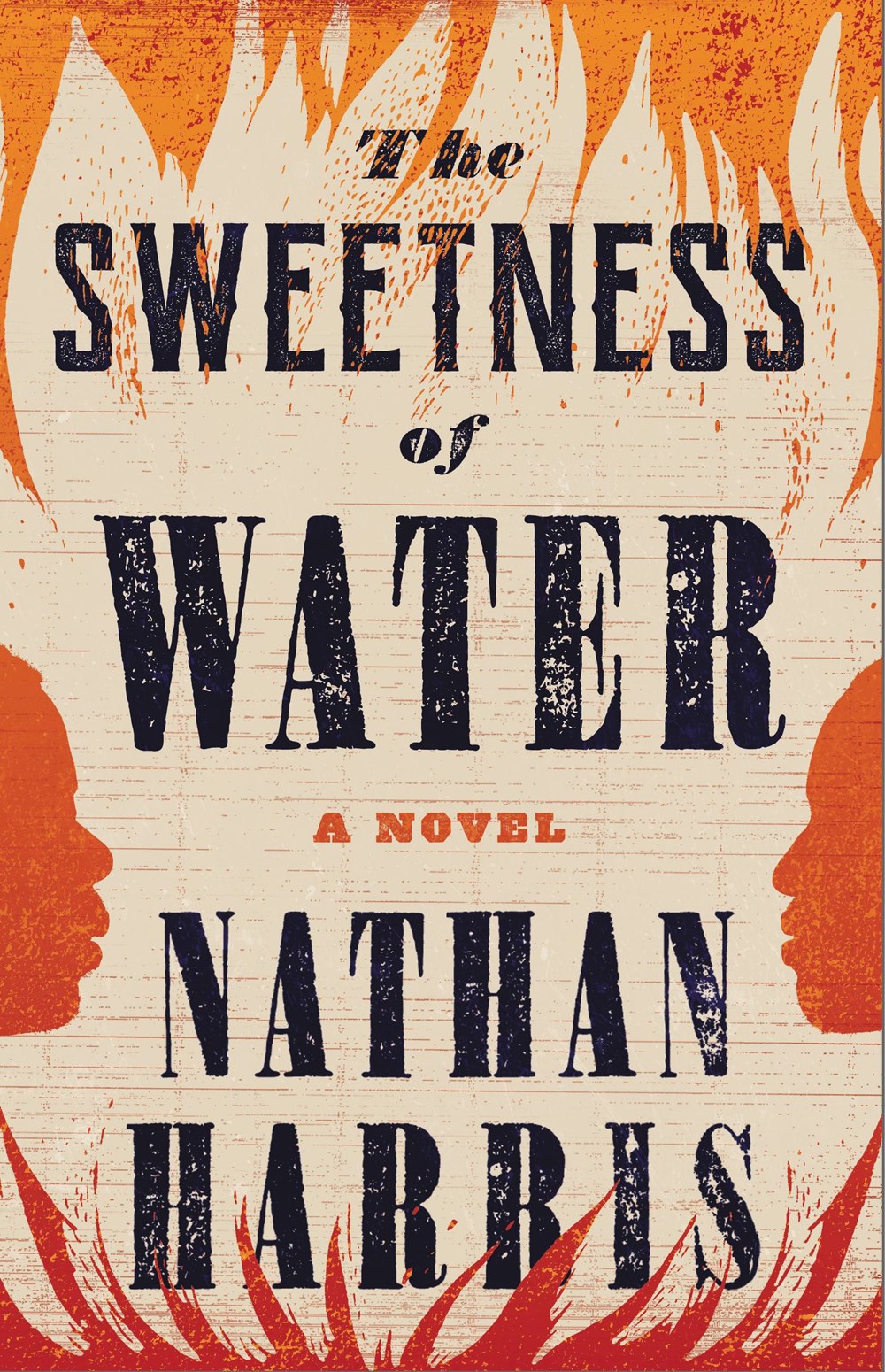
Our last meeting before our summer break was hosted by Colette who was joined with Marg, Carla, Betty and Shirley. In honour of the season, Colette baked and served rhubarb muffins plus rhubarb and strawberry bars to accompany our morning coffee and tea. Delicious.
We discussed Carla’s book choice, The Collected Regrets of Clover by Mikki Brammer. Brammer is a writer originally from Tasmania, Australia, who is now based in New York City via France and Spain. This book is her debut novel which she wrote while trying to understand her own anxieties around the topic of death. It was a Book of the Month pick for May 2023, was named a Best Book of Summer 2023 by the New York Times and a Best Book of 2023 by NPR. It was also nominated for the 2023 Goodreads Choice Awards for Best Debut and Best Fiction. In addition to fiction, Brammer writes about architecture, art, and design for publications including Architectural Digest, Dwell, ELLE Decor, Luxe Interiors + Design, Metropolis, and Surface.
The story begins slowly as Clover’s character is developed. She was witness to the death of her teacher when she was very young followed closely by the death of both of her parents. She is then raised by her grandfather. Clover never seems to fit in so leads a solitary life with no personal friends beyond her grandfather and her grandfather’s friend, Leo. In this book we are introduced to death cafes and Clover as a death doula.
As a death doula, Clover offered emotional, spiritual, and practical assistance, helping people navigate the complexities of death and dying. Death doulas focus on enhancing the quality of life for those nearing death, providing comfort, and helping to create meaningful experiences. Clover kept a record of what she learned from each of her clients divided into three categories: Advice, Confessions and Regrets. As an act of homage to her clients, she tried to fulfil some of the regrets that she heard from her dying clients. The regret that she heard most often was the wish that they had told their families and friends that they loved them and we come to understand the vulnerability in saying ‘I love you’. Clover admits that it wasn’t just the regrets of the dying people she was trying to resolve, it was her own.
Clover learned that each dying client had different needs, and she would ask each one, ‘Would you like to be hugged, helped or heard’. These are wise words that our book club members all agreed would undoubtedly be useful in the future.
Clover’s life changes over the course of the book and for those who like a happy ending, that is to is included.
Our thanks to Carla for choosing this book. The Collected Regrets of Clover was enjoyed by all our members as it elicited a wide-ranging discussion on death, grief, loneliness and living a beautiful life and, as one of the characters says, ‘to have the wisdom to be cautiously reckless’







